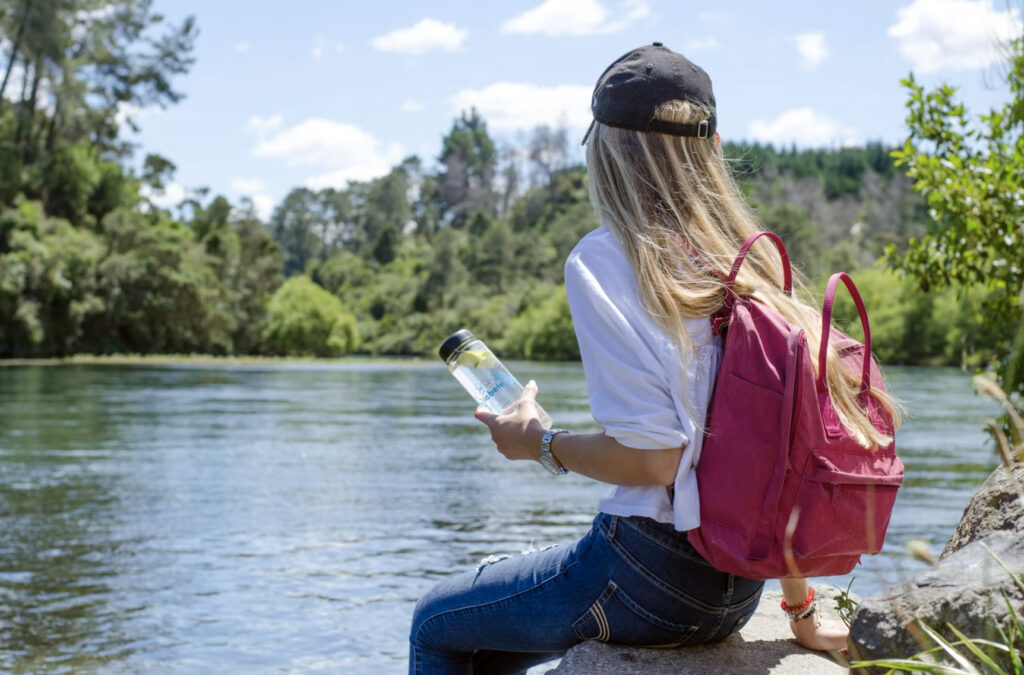Tim Irvine
Most people know the dangers of high heat during the summer months. When temperatures rise to the high 20s and above, our health risks go up. Vulnerable populations like seniors, pregnant women, and those with other underlying health conditions are much more likely to have a serious health concerns due to heat.
Like many health-related issues, there are surprising effects of heat that people are not yet aware of. In a 2021 article, climate and health expert Gregory Wellenius of Boston University described several ‘new’ complications from extreme heat and the more commonly known conditions.
Common
- Dehydration
- Heat exhaustion (nausea, lightheadedness, fatigue, etc.)
- Heat stroke (headache, confusion, lack of sweat, etc.)
Less common
- Increased mental health issues such as depression, anxiety, and mood disorders
- Decreased kidney function
- Deceased cognitive function
As you can see, the brain is affected in multiple ways. For those who suffer from mental health conditions, symptoms worsen in heat. For those trying to perform their best in a meeting or on a test, the heat will hurt their performance. Extreme heat is broader than an elderly person in a home that does not have air conditioning.
On the Climate Atlas of Canada webpage, Dr. Kim Perrotta warns that heat “…is actually a real concern for human health that’s affecting a large portion of the country.” And Wellenius indicates that “Even moderately hot days can place vulnerable individuals at higher risk.”
So how do we stay healthy in the heat?
The most simplistic answer is to remain cool when the temperatures soar. That’s easier said than done, so here are some practical tips you can implement.
- Drink plenty of water. When it’s hot, we sweat more. This causes accelerated dehydration. Often you don’t even know you are sweating more as it’s not as obvious as having sweat running down your back.
- Adjust your outdoor activities to cooler times of the day and do your best to stay in the shade. Sun exposure dramatically increases the effects of heat.
- Take air-conditioned breaks when possible. This can be in your home, a public building, or a local cooling centre.
- Avoid intense, outdoor physical activity. This can accelerate dehydration and quickly push you into heat exhaustion or worse.
- Slow down. In nations close to the equator, there is a reason locals refer to the pace things happen as ‘island time.’ Moving slower will decrease your body’s need to cool itself.
The summer is amazing and what we wait for all winter long. Let’s enjoy it but do so in a way that protects our health and the health of those we love.

